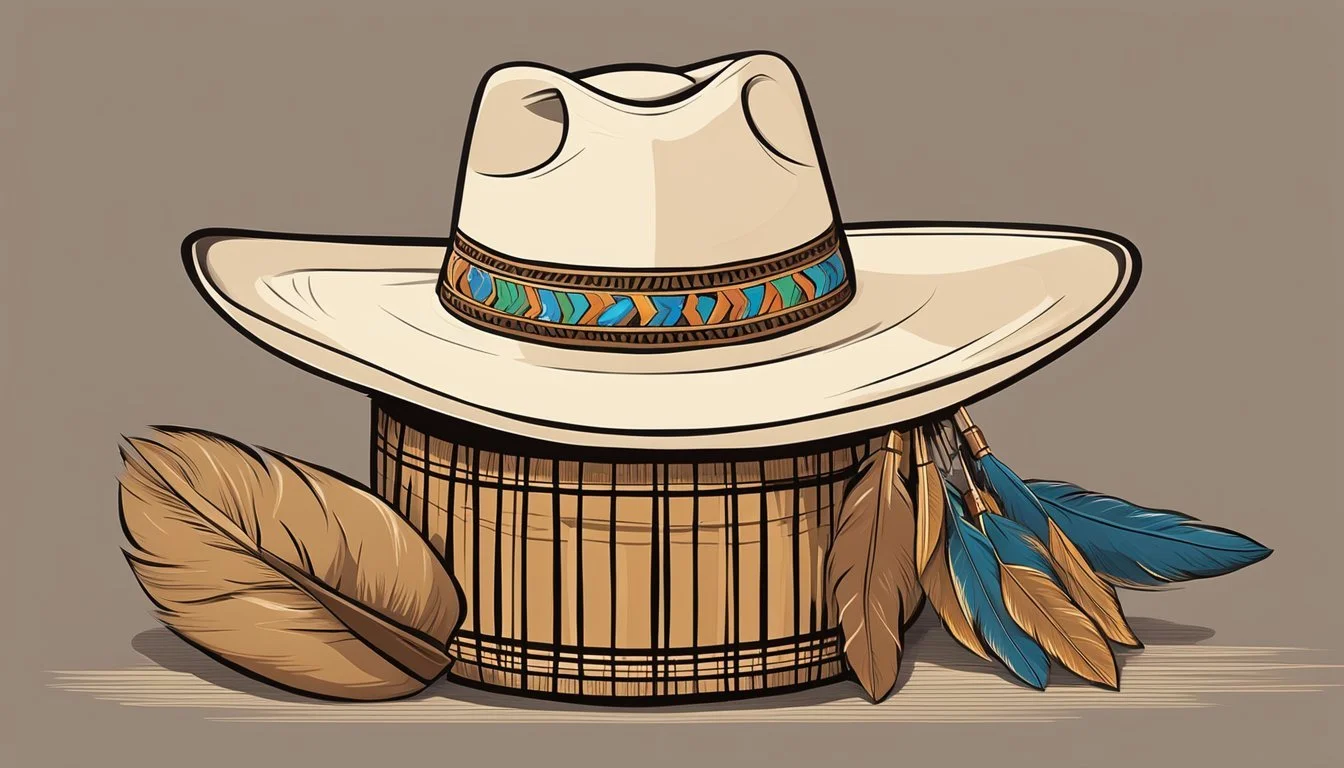The Connection Between Cowboys and Native American Traditions
Cultural Intersections and Influences
The American West presents a tapestry of cultural interactions and exchanges, particularly between cowboys and Native Americans. While the popular image of the cowboy is often that of a rugged, solitary figure traversing the plains, the reality is that this iconic role was shaped significantly by the practices and skills of Native American cultures. Native Americans such as the Comanche and the Crow were proficient horseback riders and natural bronco riders, mastering the landscape and setting a precedent that would blend seamlessly into the cowboy life.
Throughout the evolution of what became known as cowboy culture, the intermingling with Native American traditions was evident. The vaqueros of Mexican heritage, originally cattle herders, influenced the cowboy's methods and aesthetic, weaving a cross-cultural narrative into the fabric of American identity. This influence extended beyond herding to other aspects of cowboy culture, such as the rodeo, which evolved from practical skills into a sport that both celebrated and perpetuated the cowboy persona.
Amid the backdrop of the Western expansion, the collaboration and conflict between cowboys and Native Americans were intricate and multifaceted. The experiences of these groups were deeply entwined, with cowboys adopting Native American techniques and equipment, from saddles to lariats. Yet, as the mythical cowboy was enshrined in national consciousness, the full scope of Native American contributions to this culture was often overlooked or underrepresented. In modern reflections on the American West, there is a growing recognition of the complex relationship between cowboys and Native Americans and how each shaped the other's way of life.
Contemporary Issues and Perspectives
This section dissects the current challenges and evolving dynamics in the interplay between cowboy and Native American traditions, reflecting effects on culture, identity, and the environment.
Preservation of Traditions
The effort to sustain Native American and cowboy traditions is ongoing, with both communities facing challenges surrounding heritage continuity. Cowboy culture and its rodeo events are efforts to maintain the visceral connection to the adventurous and resilient spirit of the past. Similarly, Native American traditions are upheld through ceremonies and dances that are integral to their cultural identity.
Modern-Day Cowboys and Identity
Modern cowboys embody a broad spectrum of identities, including those of African American, Hispanic, and other backgrounds, enriching the cowboy culture's diversity. The rodeo lifestyle still thrives, symbolizing values of individualism and bravery, while also integrally involving Native American influences in its tapestry.
Native American and Cowboy Relations Today
Contemporary relations between cowboys and Native Americans have transformed. Collaboration and mutual respect have generally replaced historical conflicts. Events like rodeos often feature aspects of Native American heritage, displaying the evolution of their relationships.
Impact of Environmental Changes
Climate challenges, particularly on the Great Plains, have tested the resilience of traditional practices. The environmental changes affect farming and rodeo activities, compelling both cowboys and Native Americans to adapt while striving to preserve their environmental stewardship.
Cultural Diversity and Recognition
Today, there is a broader acknowledgment of the intricate patchwork that makes up the Old West's history. Recognition of the contributions made by Native Americans, cowboys, and individuals from diverse backgrounds to American heritage is growing. Cultural diversity is increasingly celebrated, leading to a more inclusive understanding of the nation's past.



